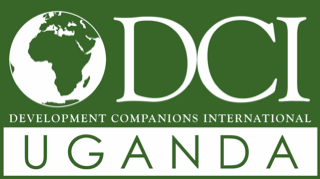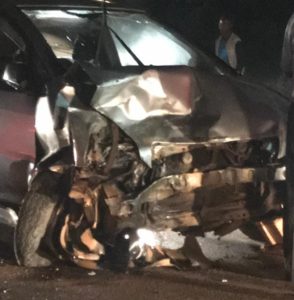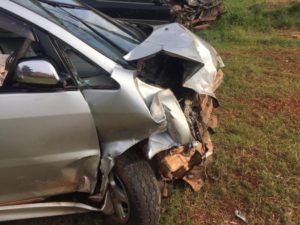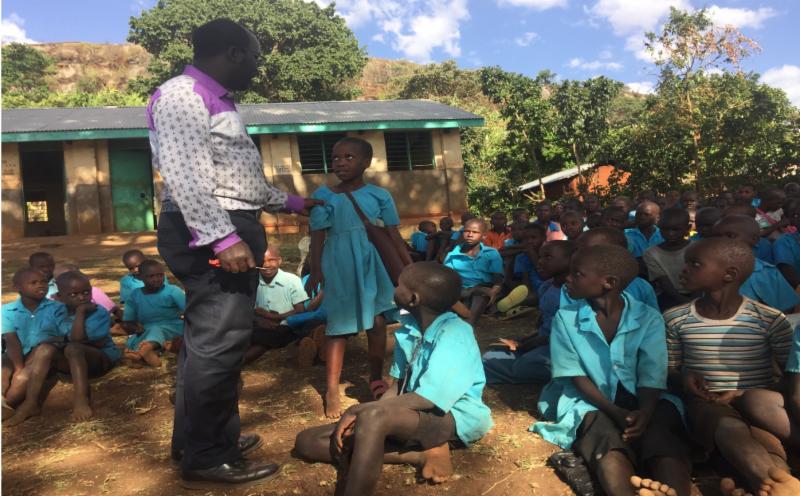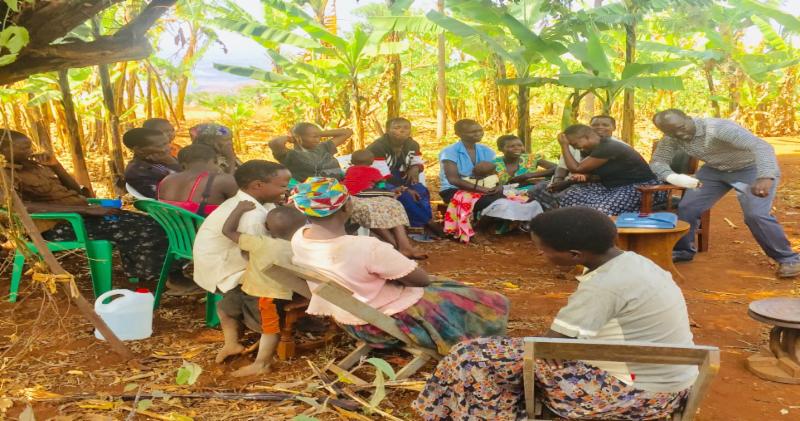As we continue our series on the subjects in our adult literacy curriculum, we move on to Health. But our health curriculum extends beyond our literacy classes and into local schools and communities with direct involvement by our team.
In the literacy classes, we teach about health in order to turn each student into a community change agent. We want them to have healthier lives and families, but also to teach all their neighbors how to live healthy and well in a wholistic way. From first aid to knowing the early signs of illness in time to get help, to hygiene and nutrition, we help our students to gain a deep understanding of how they can take charge of their health themselves, instead of allowing ”fate” to take their lives.
Many diseases that are no longer regularly seen in developed countries still plague the villages where we work. But most of these can be almost completely avoided with simple knowledge and changes in personal hygiene habits. Diarrheal diseases including cholera and typhoid kill many children, and even adults. Malaria, in addition to killing children, keeps many adults from working productively. Pneumonia is a silent killer. Smoke from cooking fires is a primary factor in setting up the conditions for pneumonia, helping it to kill even more than malaria. Worms sap productivity and stunt growth and intellect. Skin infections cause misery and lower self-esteem. And preventable injuries can be devastating in a place with no access to emergency health care. All of these problems can be reduced or eliminated with knowledge and good choices.
The DCI Health Program covers content areas including first aid, food and nutrition, sanitation and hygiene, safe water, maternal and child health, communicable and non-communicable diseases, immunization, and family planning, among others, keeping in mind that health advocacy and lifestyle change are the primary goals.
Some things might seem minor, but they have a very great impact on so many lives and communities. When a cure is unattainable, an ounce of prevention is worth everything.
Outside of the literacy program, we have also developed a program of health education through school and community visits and weekly radio talk shows. Jabez Banan is our longtime health programs director. He is a comprehensive nurse and midwife, holds a degree in hospital and health administration, and is certified as an ophthalmic clinical officer. Jabez has created a carefully planned series of visits to schools in the community to teach both students and teachers about a wide range of health issues. He conducts a similar program with communities, including village leaders, as many local people as possible, and a model home and family to be an example of what is being taught and discussed. Through this process, we develop a long-term relationship with each school and group of villages. This is essential to creating lasting change and encouraging people to change their lifestyles and become community health advocates themselves.
A school visit might include building up a student healthy living club , or a discussion on typhoid or a current health issue in the community. At a recent visit to Kaptokowi Primary School, the students discussed the problem of hygiene when there is a water shortage. Due to a recent drought, each child is required to carry a heavy jerrycan full of water to school. But with rationing, they were concerned that hand washing and cleanup were being reduced. They connected this situation to an increase in diaharreal illnesses. DCI’s nurse often carries drugs, dewormers, and other tools for a field clinic, giving the children and adults much needed basic primary health care, checkups, and referrals.
